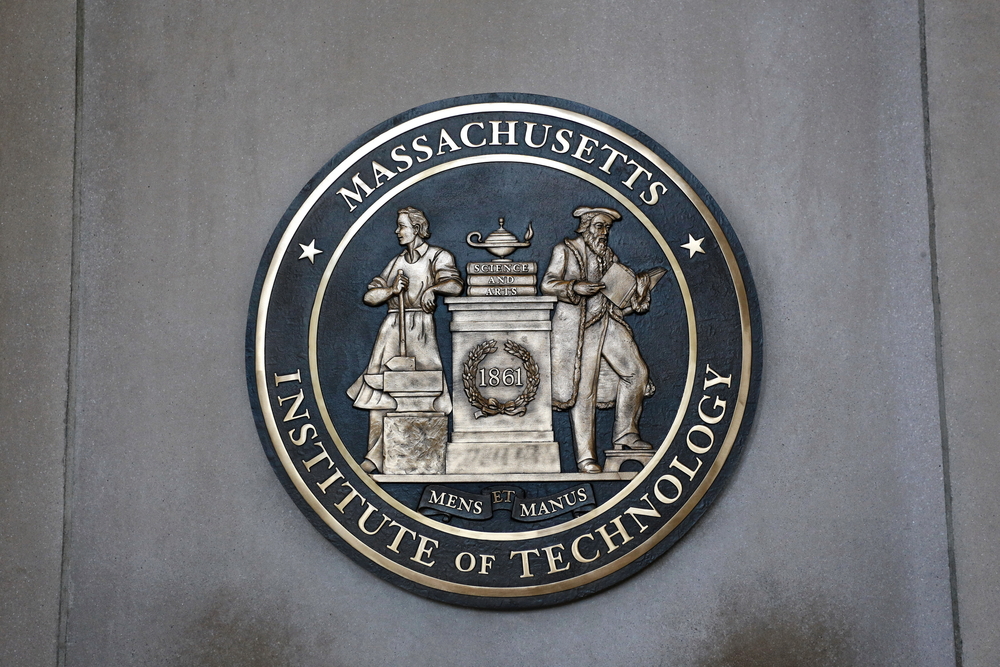MIT Separates Itself From Huawei, ZTE
The Massachusetts Institute of Technology, better known as MIT, announced Wednesday that, at least temporarily, it will no longer work with Huawei or ZTE “due to federal investigations regarding violations of sanction restrictions.”
The decision was revealed as part of a note from Richard Lester and Maria Zuber, the Massachusetts-based university’s associate provost and vice president for research, respectively, about a “new review process for ‘elevated-risk’ international proposals." This new process was “designed to enable MIT to engage with the world effectively, with responsible management of risks and in keeping with the values of our community,” Lester and Zuber said. It currently applies to international research projects that involve China, Russia and Saudi Arabia, but that list is subject to change as the university feels necessary.
Lester and Zuber said “special attention will be paid to risks related to intellectual property, export controls, data security and access, economic competitiveness, national security and political, civil and human rights, as well as potential impacts on the MIT community, consistency with MIT’s core values and alignment with MIT’s academic mission.”
The process involves three phases. The first one is a compliance review with MIT’s International Coordination Committee, the second is an academic review by the International Advisory Committee and the third is a project risk review by the Senior Risk Group. More details about each phase can be found in the note announcing this new process.
Huawei and ZTE appear to be the first casualties of this process. Both face increasing scrutiny from the U.S., which banned federal agencies from purchasing their equipment and could extend the ban to wireless networks.
Huawei claimed this ban is unconstitutional, but with the U.S. also charging the company with skirting sanctions on Iran, the company’s standing doesn’t seem likely to improve.
Other countries have scrutinized Huawei’s products, too, and several have at least considered a ban of the company’s equipment from their wireless networks. Now, it’s losing research partners, too.
Get Tom's Hardware's best news and in-depth reviews, straight to your inbox.

Nathaniel Mott is a freelance news and features writer for Tom's Hardware US, covering breaking news, security, and the silliest aspects of the tech industry.
